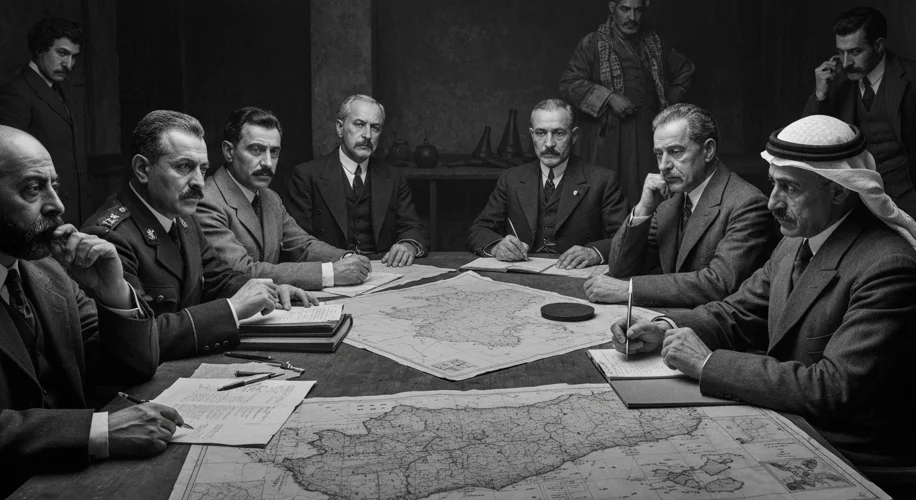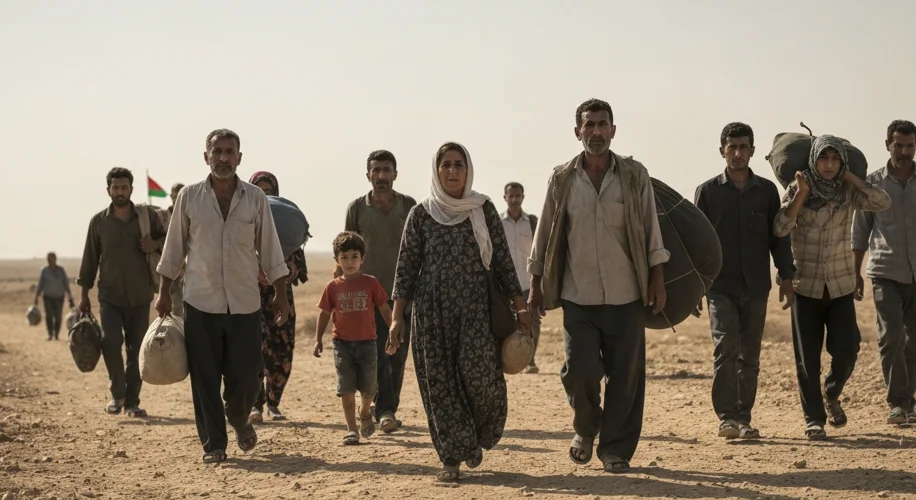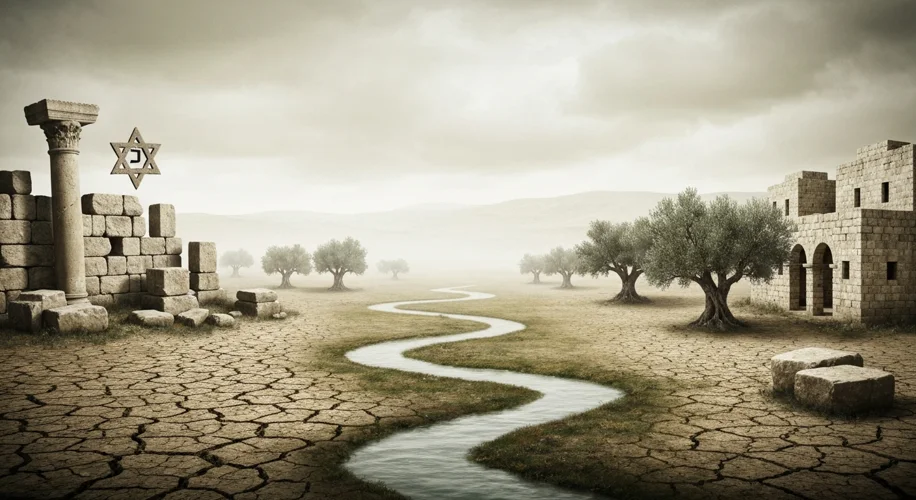In the tumultuous landscape of the late 19th and early 20th centuries, a profound and enduring conflict began to take root, one that would shape the destiny of nations and cast a long shadow over the Middle East: the Israeli-Palestinian conflict. It is a story steeped in competing national aspirations, profound religious significance, and generations of grievances, all centered on a sliver of land that holds immeasurable meaning for two peoples.
The Whispers of Nationalism: Zionism and Arab Awakening
The late 1800s witnessed the rise of potent nationalist movements across Europe, and the Jewish people were no exception. Persecution and pogroms in Eastern Europe fueled a powerful desire for self-determination and a return to their ancestral homeland, a yearning coalesced into the Zionist movement. Led by figures like Theodor Herzl, Zionism advocated for the establishment of a Jewish state in Palestine, a land that, for millennia, had been a central part of Jewish identity and religious narrative. Herzl, in his 1896 pamphlet “The Jewish State,” articulated a vision of a new Jewish homeland, believing that the establishment of a sovereign state was the only lasting solution to the “Jewish question.”
Simultaneously, the region of Palestine, then part of the Ottoman Empire, was inhabited by a predominantly Arab population. As Ottoman power waned, a nascent Arab nationalism began to stir, a desire for independence and self-governance from foreign rule. The Arab population of Palestine also had deep historical, cultural, and religious ties to the land, viewing it as their own homeland. They envisioned a future where they would govern themselves, free from the specter of outside intervention.
Promises in Wartime: Conflicting Declarations
The First World War proved to be a critical turning point. The Ottoman Empire sided with the Central Powers and, upon its defeat, its territories in the Middle East were carved up by the victorious Allied powers. In the shadows of this impending redistribution, several conflicting promises were made.
In 1917, the British government, seeking to garner support for the war effort, issued the Balfour Declaration. This statement expressed support for “the establishment in Palestine of a national home for the Jewish people,” while also stipulating that “nothing shall be done which may prejudice the civil and religious rights of existing non-Jewish communities in Palestine.” This declaration, intended to secure Jewish support and influence, sowed the seeds of future conflict by appearing to endorse competing claims to the same territory.

Around the same time, the British had also made assurances to Arab leaders, notably through the Hussein-McMahon Correspondence (1915-1916), suggesting that an independent Arab state would be recognized in certain territories, including parts of Palestine, in return for an Arab revolt against the Ottomans. These promises, made to different groups with differing interpretations, created a complex web of expectations that would soon unravel.
The Mandate Era: Tensions Simmer and Boil
Following World War I, the League of Nations granted Britain a mandate over Palestine, tasking it with preparing the territory for eventual independence. Under British rule, Jewish immigration, driven by Zionist aspirations and fueled by escalating antisemitism in Europe, increased significantly. This influx of Jewish settlers, purchasing land and establishing communities, was viewed with growing alarm by the Arab population, who saw it as a direct threat to their demographic majority and their claim to the land.
From the 1920s through the 1940s, Palestine witnessed escalating tensions and sporadic violence. Arab riots against Jewish settlements and British authorities, such as the 1929 Hebron massacre, and Jewish responses, painted a grim picture of mounting animosity. The Peel Commission in 1937 proposed a partition of Palestine into separate Arab and Jewish states, with a British-controlled zone, but the plan was rejected by Arab leaders and never fully implemented.

The Holocaust during World War II intensified the urgency of the Zionist movement. The sheer scale of Jewish suffering and the world’s awareness of the need for a safe haven for survivors bolstered international support for a Jewish state. However, for the Palestinian Arabs, the increased immigration and the global push for partition were seen as a betrayal of the promises made to them and an imposition of a solution that ignored their own national aspirations.
The Birth of a State and the Nakba
In 1947, exhausted by years of conflict and unable to find a mutually agreeable solution, Britain announced its intention to withdraw from Palestine and referred the issue to the newly formed United Nations. The UN proposed a partition plan, UN Resolution 181, which recommended the creation of independent Arab and Jewish states and a special international regime for Jerusalem. The Jewish leadership accepted the plan, but the Arab states and the Palestinian Arab leadership rejected it outright, viewing it as unjust and a violation of their rights.
On May 14, 1948, the State of Israel was declared. The very next day, neighboring Arab states invaded, initiating the first Arab-Israeli War. The war resulted in an Israeli victory, with the Jewish forces expanding their control beyond the UN-proposed borders. For the Palestinian Arabs, this period is known as the “Nakba” – the catastrophe. An estimated 700,000 Palestinians were displaced or fled their homes, becoming refugees in neighboring countries and within the newly formed state of Israel. Their villages were destroyed, and their connection to the land was severed, creating a deep and enduring wound that continues to resonate today.

The Enduring Legacy
The origins of the Israeli-Palestinian conflict are not rooted in a single event or a simple narrative. They lie in a complex interplay of competing nationalisms, historical claims, religious significance, and the broken promises of empires. The late 19th and early 20th centuries laid the groundwork for a struggle over land and identity that has persisted for over a century, leaving a legacy of unresolved issues, displacement, and a quest for peace that remains elusive.

